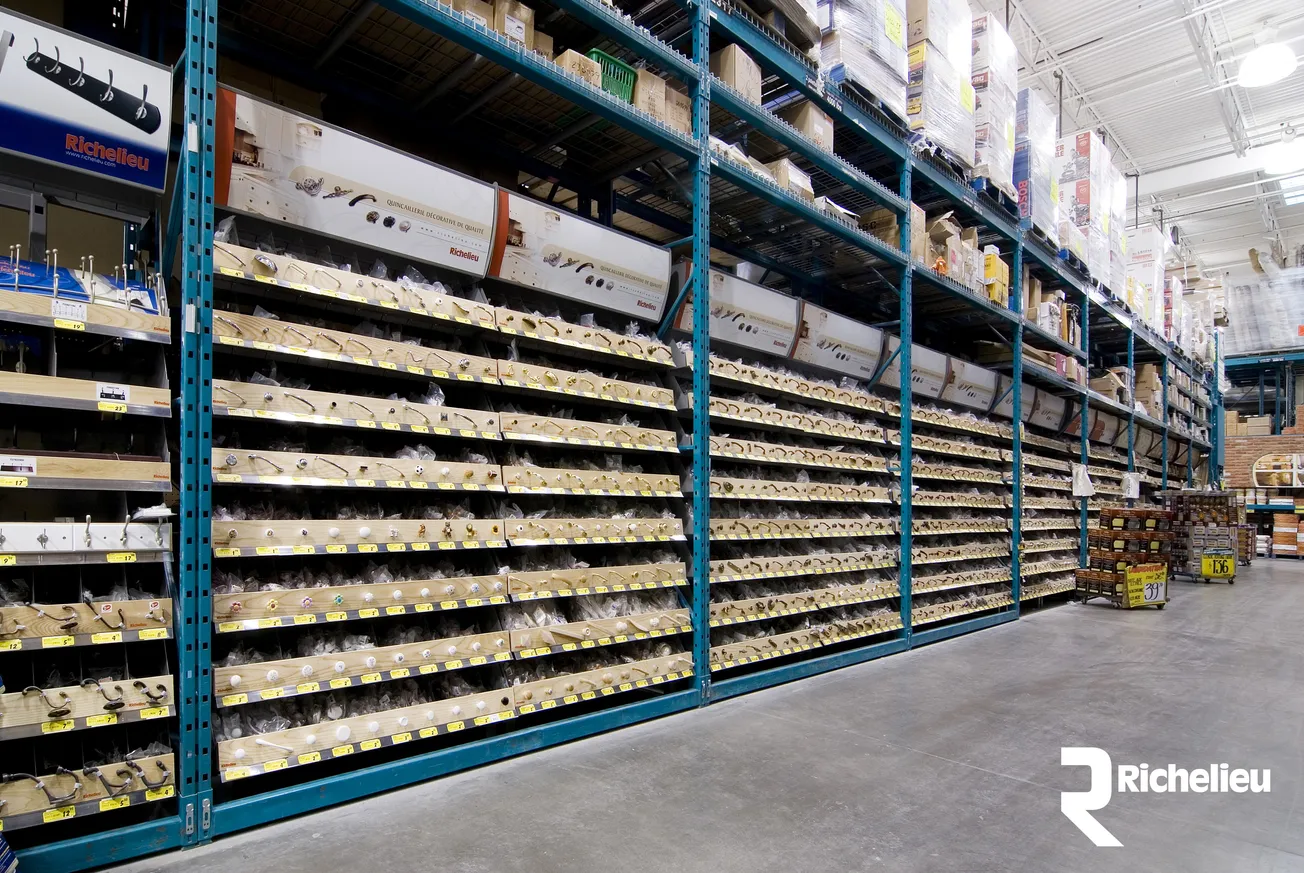Table of Contents
New CPA President sets priorities, sees challenges and growth ahead for industry
Q&A with Jackson Morrill
Jackson Morrill took over April 13 as the new president of the Composite Panel Association.
 Jackson had served as director for the American Chemistry Council since 2010, where he managed the Formaldehyde Panel directing comprehensive state and federal advocacy initiatives, communications, third-party outreach and scientific studies on formaldehyde. He has also represented ACC and other industry stakeholders as a member of the Federal Wood Industries Coalition.
Jackson had served as director for the American Chemistry Council since 2010, where he managed the Formaldehyde Panel directing comprehensive state and federal advocacy initiatives, communications, third-party outreach and scientific studies on formaldehyde. He has also represented ACC and other industry stakeholders as a member of the Federal Wood Industries Coalition.
"We are pleased to have Jackson on board to lead our association. He brings a solid background of legislative and regulatory advocacy and technical expertise," said Grady Mulbery, CPA chairman and member of the executive search team. “I was greatly impressed with the caliber of the candidates, and I believe we found an extraordinary fit both in terms of experience and personality with Jackson, and he will complement the already strong CPA staff.”
Jackson is an adjunct professor at Washington College of Law of American University and practiced environmental law for five years at Beveridge & Diamond. He also worked as an environmental legal consultant at the World Bank. Jackson graduated cum laude from Tulane Law School and was admitted to the Maryland and the District of Columbia bars. He has a B.A. in arts, history and Latin American studies from the University of Virginia.
Surface & Panel asked Jackson to answer a series of questions to better acquaint our readers with his background, his positions on key issues and his thoughts on what lies ahead.
Q. What are your first impressions of the Composite Panel Association?
A. I am thrilled and honored to be working with the composite panel industry. This is an industry that has a tremendous sustainability story to tell. At their core, composite wood products ensure optimal use of our forests by turning recycled or reclaimed residual wood fiber material into higher value products. The industry has also worked proactively, both voluntarily and with state and federal governments, to reduce formaldehyde emissions in the U.S. to extremely low levels. This kind of “green” leadership is reflected in the CPA’s Eco-Certified Composite (ECC) standard, which is a voluntary labeling standard that reflects the industry’s overall commitment to sustainability.
In a world where architects, designers, specifiers and product manufacturers are looking not only for price and performance, but also for sustainability, this industry is truly at a competitive advantage. Add to this great messaging an active and engaged membership and great staff, and I truly feel fortunate to be taking the helm of CPA and moving it forward.
Q. Tell me about yourself and how your background has prepared you for this role within the Composite Panel Association?
A. I am an environmental lawyer by training, and so I have a background in environmental law and policymaking. I have also managed trade association groups before, so I bring to the table experience in advocacy, communications, coalition building and all of the management elements that can come into play with overseeing this type of organization. I also have a history of working with CPA, its members and allied organizations on formaldehyde emission issues, so I was able to come into the job with some familiarity with the industry and a deeper knowledge of one particular issue.
Q. Recognizing you have only been on the job a few months, what are your initial priorities for the organization?
A. As you can tell from my first answer, I believe we have a great environmental story to tell, and so one priority will be to find new avenues and methods to get that message out to key stakeholders looking to use our products. This is also an innovative industry that is constantly developing diverse product offerings that perform well and look great, and we need to combine this with our messaging on sustainability. CPA has fostered good working relationships with the EPA and California Air Resources Board, and I’ll look to continue to maintain those relationships as each regulatory body finalizes their formaldehyde emissions regulations and regulatory amendments, respectively. I’ll continue to advocate for a level regulatory playing field for both domestic and imported wood products. I have also begun working with our membership to refine CPA’s position on wood fiber supply, and in particular our advocacy stance on the production of wood pellets that are shipped to Europe for energy production.
Q. What are the biggest challenges facing the industry?
A. As the “60 Minutes” exposé on Lumber Liquidators demonstrated, not all wood products are created equally, and so we need to make sure that the facts regarding the North American composite panel industry’s efforts on formaldehyde emissions reductions are better understood by the public. I was heartened to hear on the “60 Minutes” program that, in fact, all U.S.-sourced laminated flooring passed CBS’ independent testing, which is a testament to the success of our industry’s efforts. We need to do a better job of marketing our products within the green building community, including seeking greater acceptance and recognition of our ECC program. Finally, the issue of wood pellet exports to Europe, as well as possible increased North American use of wood fiber for energy, may pose challenges to this industry’s wood fiber supply that we will need to address going forward.
Q. What are your expectations for growth in the composite panel and decorative surfaces industries in the years ahead?
A. We are cautiously optimistic that the composite panel industry will have slow but steady growth in the coming years. We are starting to see housing starts climb, and we expect those to continue in part due to stronger job markets, low interest rates and rising rental costs. The repair and remodeling sector appears to be strong (expected increase of 7 percent in 2015) and is poised to continue to grow as housing prices rise and homeowners are thus incentivized to make home improvements in lieu of moving. I have been struck by how extensively our products are used beyond just the residential sector to include retail, commercial, health care and even the educational setting. Overall, advances in design, texture and performance of composite wood and decorative surfaces offerings will continue to position industry products as solutions for the architecture and design community in these markets.
“I believe we have a great environmental story to tell, and so one priority will be to find new avenues and methods to get that message out to key stakeholders looking to use our products.”
Jackson Morrill, President, Composite Panel Association






